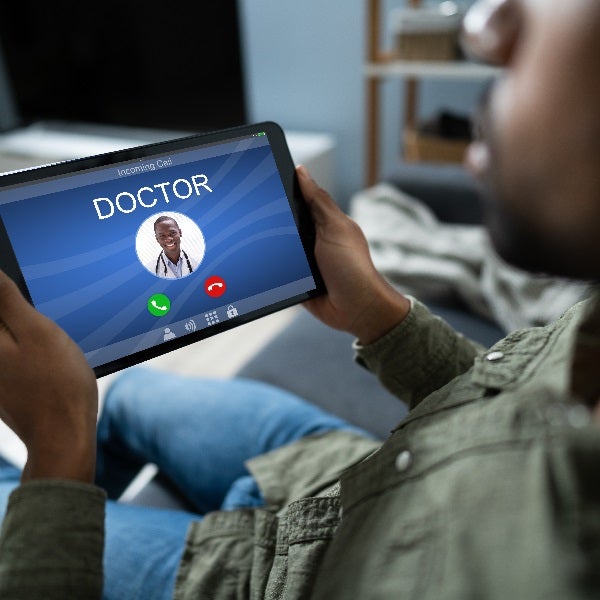Zoom In: CRP Patient and Family Communication in a Virtual World
ASHRM CE Credit: 1.0
Domain: Clinical Patient Safety
Level: Foundational
This session highlights tips for a successful virtual meeting when emotions may run high, featuring a unique case study at the University of Michigan.
Meeting with patients and families in the setting of an unexpected outcome is critical to maintaining the principles of any robust communication and resolution program. Arising from the pandemic and the need for social distancing, limitations on traditionally in-person meetings has challenged the way hospital risk managers, clinical leaders, patients and families and others communicate under the circumstances. As a result, and many family meetings are now held virtually in platforms such as Zoom. Body language that reveals emotion may be more difficult to detect, and our own eye contact and camera postures may send inadvertent signals of disinterest or other undesired behavior to patients and families.
Objectives:
- • List three frequently encountered pitfalls to a successful virtual meeting with patients and families in the setting of an unexpected outcome.
- • Identify best practices for maintaining thoughtful body language during virtual patient and family meetings.
- • Discuss three lessons learned during a high stakes virtual patient and family meeting involving disclosure of a medical error and clinical leadership participation.
Speaker: Kelly Saran
| Product Code | 322009OD22 |
| ASHRM CE Credits | 1.0 |
| CNE Credits | 1.0 |
| Domain | Clinical Patient Safety |
| Level - Foundational (F), Practitioner (P), Advanced (A) | F |
| Publication Date | 3/23/22 |
| Next Review | 7/1/25 |
| Credit Expires | 7/1/26 |
For questions regarding this webinar, contact ASHRMEd@aha.org
Speaker Bio
Kelly Saran, MS, RN, CPHRM, CPPS, is a two-time graduate of the University of Michigan and Administrative Director of Patient Relations & Clinical Risk at University of Michigan Health/Michigan Medicine. Ms. Saran has over 15 years’ experience in clinical risk management and patient safety, mediation, health care consulting, and is an adjunct faculty member at the School of Nursing. She is a frequent guest speaker on transparency, disclosure, and apology the Michigan Model for early claims resolution.


